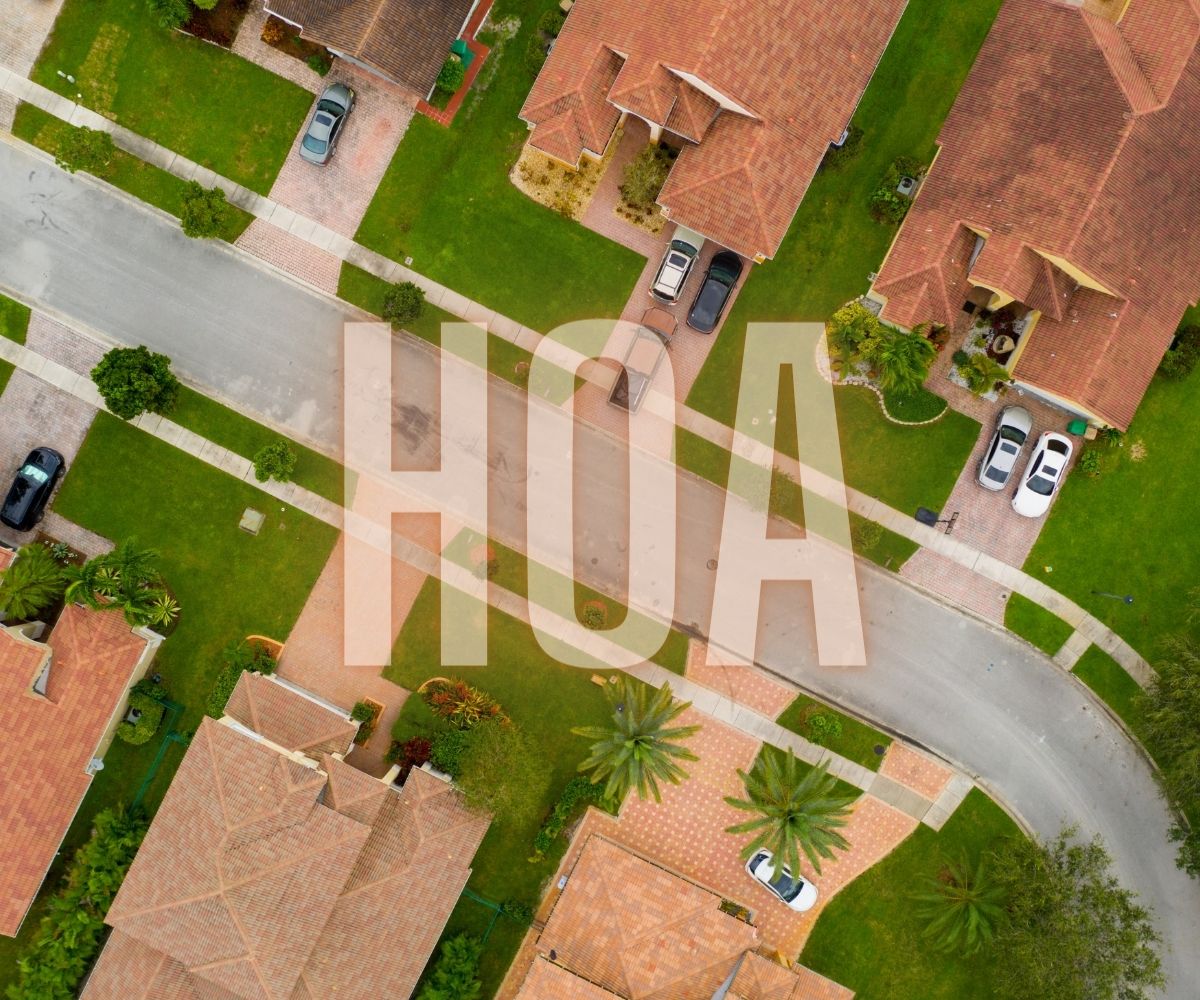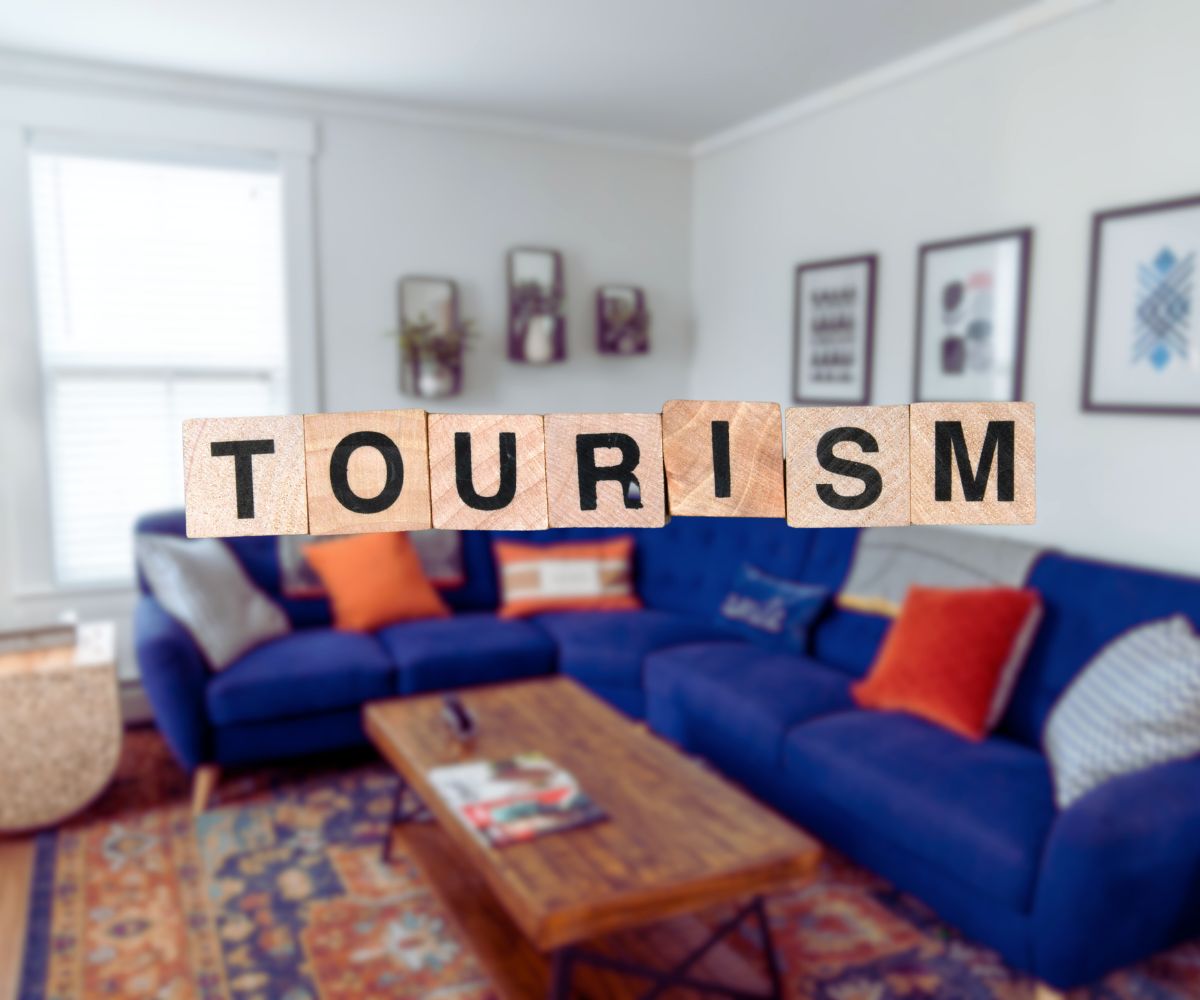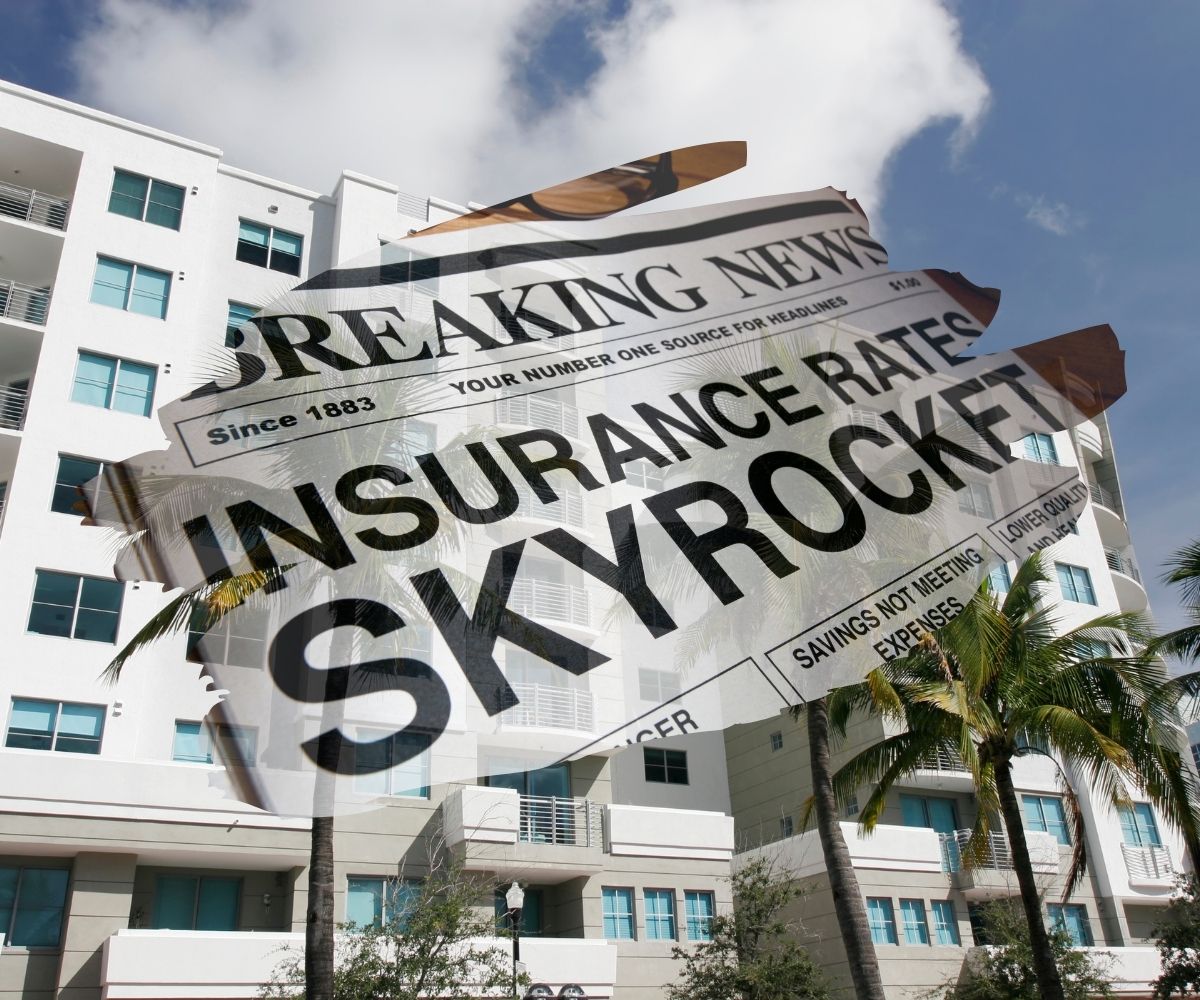Sweeping Increases Overwhelm Condo Associations and Owners
In a dramatic turn of events that’s sending shockwaves through homeowner communities, insurance rates for condo associations have surged drastically. Across the nation, residents and HOA’s are overwhelmed with increases ranging from 50% to over 500%, with states like Hawaii and Florida facing staggering hikes due to their vulnerability to hurricanes.
Financial Shock Hits Retirees Hard
The cost of property insurance, the most significant expense for Hawaiian Homeowners Associations, has seen a dramatic rise. For instance, a 400-unit project that previously had an annual premium of $160,000 witnessed it surge to $300,000. This increase translated into an extra assessment of $2,331 per unit for this year. Furthermore, it’s projected that in 2024, each unit will be subjected to another assessment ranging from $3,000 to $6,000 due to continued insurance rate hikes.
The dramatic surge in Homeowners Association insurance rates isn’t confined to Hawaii. In Florida, residents are grappling with rate increases that are two to three times higher. This escalation has imposed substantial extra costs on condo owners, many of whom are retirees living on fixed incomes. The financial strain has led some to the drastic measure of selling their homes and contemplating relocation.
A Perfect Storm of Factors
But what’s behind these sudden, skyrocketing rates? According to experts, it’s a combination of factors that have converged to create the perfect storm for condo insurance. First, there’s been a surge in natural disasters such as hurricanes and wildfires in recent years. As a result, insurance companies have seen their claims payout increase exponentially, leading them to hike rates to stay profitable.
Moreover, many condo associations are underinsured or lack proper disaster plans, making them high-risk for insurers. This has only been exacerbated by aging infrastructure and buildings that require costly updates and repairs. As a result, insurers view these properties as potential liabilities and charge higher rates to protect themselves from potential losses.
Homeowners Caught in the Crossfire
While condo owners are undoubtedly bearing the brunt of the insurance rate hikes, the ripple effects extend far beyond multi-unit dwellings. A notable trend in the construction industry sees single-family homes, completely detached with no shared walls, increasingly being built within Homeowners Association (HOA) communities. A staggering 82.4% of homes constructed and sold in 2021 fell into this category. This is significant considering that over half of American homeowners—53%, to be precise—reside in HOA-governed communities. These communities, which house some 40 million housing units nationwide, typically charge an average monthly HOA fee of $250 for single-family homes.
This trend underscores a broader challenge facing homeowners across various types of communities, signaling a systemic issue that extends beyond the boundaries of condo living.
Finding Solutions in a Volatile Market
In the face of these challenges, homeowners and associations are turning to experts for guidance on navigating the volatile condo insurance market. Strategies like conducting thorough risk assessments, implementing disaster preparedness plans, and shopping around for more competitive rates can help mitigate the financial burden on residents.
A Chain Reaction Affecting Tourism
The escalating insurance rates crisis isn’t confined to homeowners alone; it’s having far-reaching impacts on the travel industry as well. Close to 200,000 residents in Hawaii have experienced hikes in their condo fees due to these insurance increases. This suggests a potential ripple effect on travel expenses.
Moreover, this isn’t just a Hawaiian phenomenon. Nationwide, platforms like Airbnb and Vrbo could likely see a surge in their rates. The increased costs for homeowners may translate into higher prices for short-term rentals, affecting not only the housing market but also the broader tourism sector. These developments underscore the interconnectedness of our economy, where a change in one area can trigger a chain reaction with wide-ranging consequences.
State-Led Interventions on the Hawaii Horizon
Hawaiian officials are actively seeking solutions to prevent the collapse of condo insurance coverages, which could hit the travel sector hard. A new legislation is in the works that might just throw a lifeline to struggling associations.
“This insurance pool would be available as a last resort to buildings that are not fully insured,” shares State Official, House Speaker Scott Saiki, shedding light on efforts to cushion the impact.
Nevertheless, these measures might not roll out quickly enough for retirees and other homeowners who are already feeling the financial strain.
Conclusion
The sudden spike in condo association insurance rates is more than a mere inconvenience—it’s a serious economic concern that could have long-lasting effects on homeowners, retirees, travel industry and the broader real estate market. Government intervention may provide some relief, but time is of the essence. Without swift and substantial action, the dream of affordable home ownership could drift further out of reach for many.

